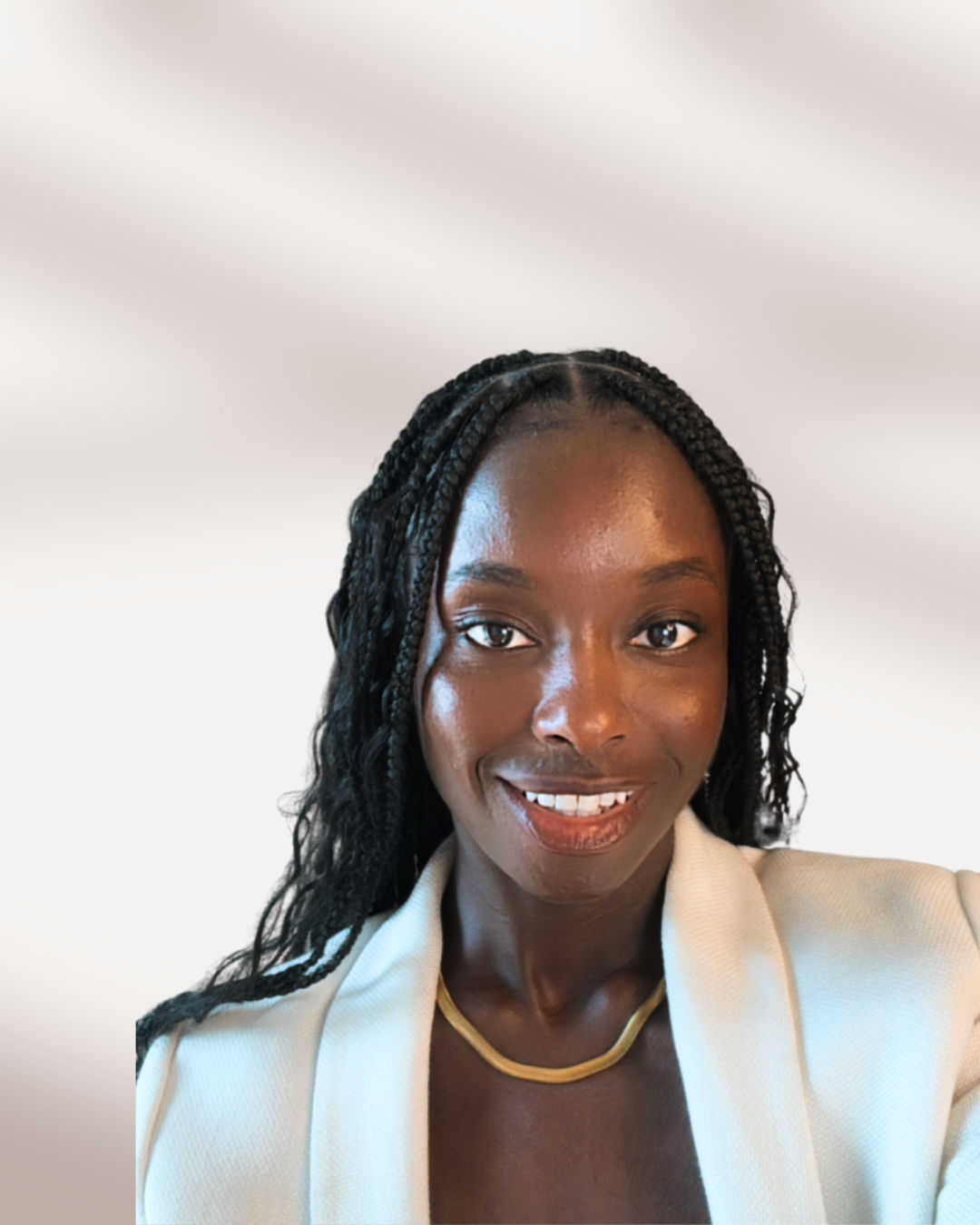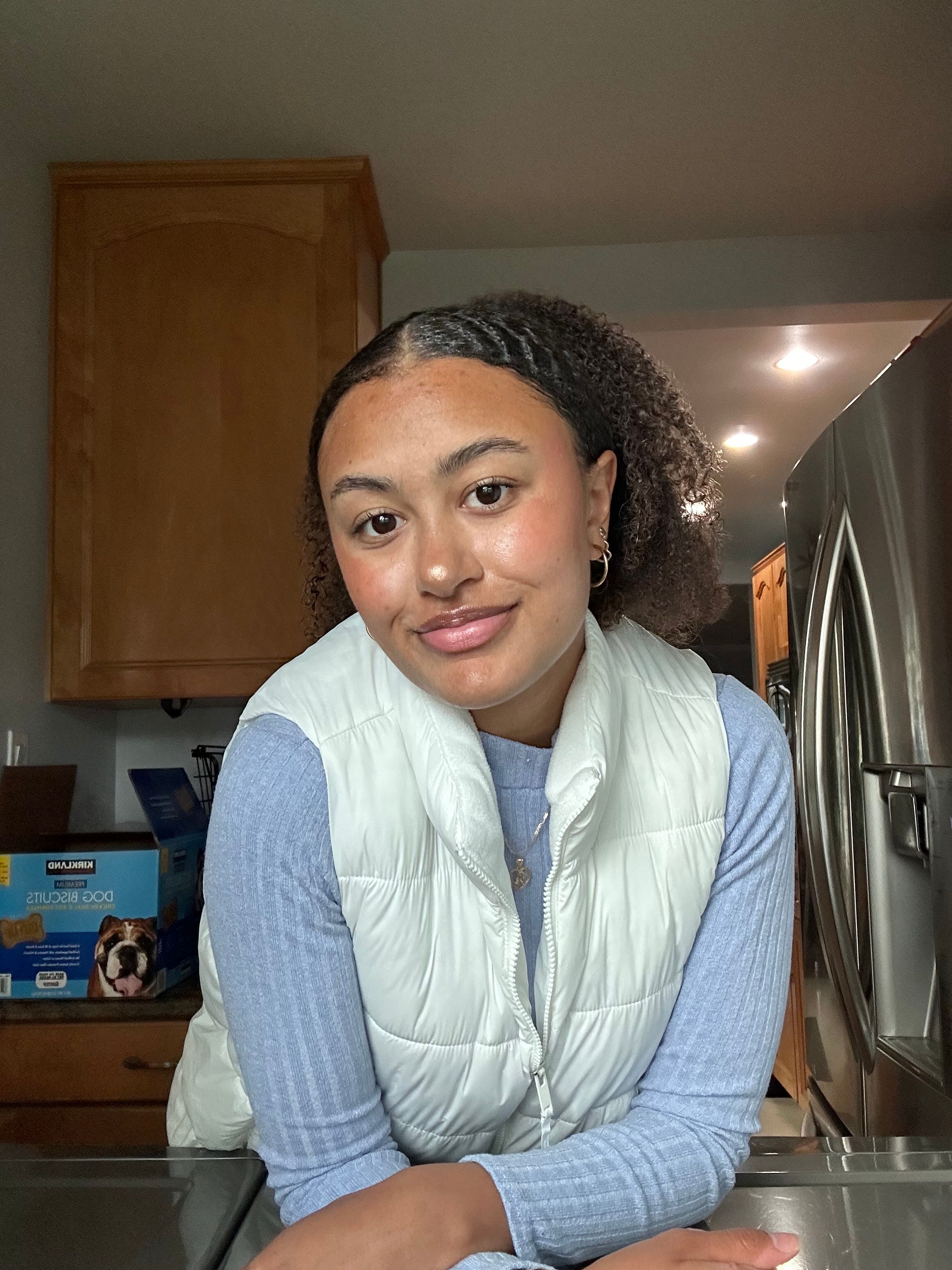Hi yall! I'll be popping into Q&A groups to help Praxis Preppers get to their passing score! This is also good for practicing SLPs who need a little brush up on their skills ;)
Here's today's question:
Explain the difference between developmental stuttering and acquired stuttering.
a) Developmental stuttering is sudden onset, while acquired stuttering is gradual.
b) Developmental stuttering is often seen in adults, while acquired stuttering is common in children.
c) Developmental stuttering typically starts in childhood, while acquired stuttering can result from a head injury.
d) Developmental stuttering results from trauma, while acquired stuttering is genetic.

